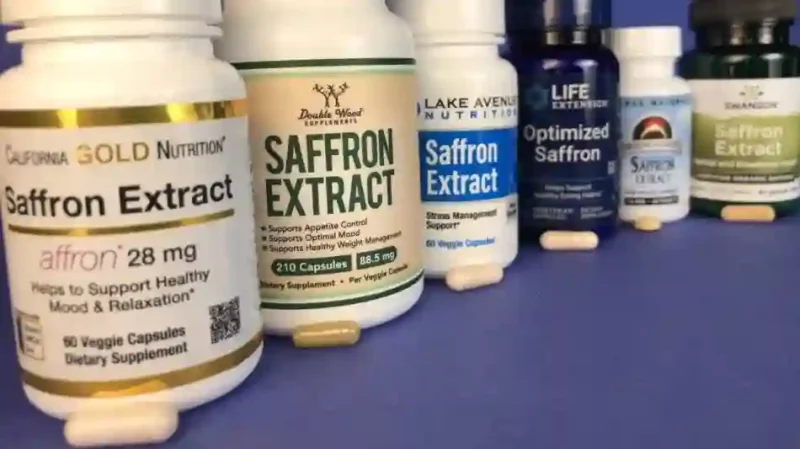Dietary supplements are a great way to fill in gaps in your diet and support your overall health. But with so many options out there, it’s hard to know what products are actually worth the money.
Fortunately, internal medicine physicians in Cary can help you decide which ones are right for you.
1. Vitamin C
Vitamin C (also known as ascorbic acid and ascorbate) is an antioxidant. It’s involved in many different chemical reactions in the body. It protects cells and DNA against damage and helps fight infections and heal wounds. It also plays a role in forming collagen, reducing inflammation and helping the immune system work properly. It can help keep the eyes healthy by protecting against macular degeneration, a condition that causes blindness in older adults. It works best in combination with other antioxidants like zinc and beta-carotene.
Diets high in foods containing vitamin C, such as fruits and vegetables, have been linked to lower rates of cancers including skin and cervical dysplasia (changes in the cervix that can be cancerous or precancerous, picked up by a Pap smear), as well as a reduced risk for cardiovascular disease. However, taking supplemental vitamin C alone doesn’t appear to protect against these conditions.
You can get plenty of vitamin C in your diet by eating foods such as citrus fruits, green and red peppers, strawberries, watermelon, papaya, kiwi fruit, kale, raw leafy greens, tomatoes, sweet potatoes, canned tuna and salmon, winter squash, broccoli, cauliflower, cabbage and brussels sprouts.
2. Vitamin E
Vitamin E, also known as alpha-tocopherol, is an antioxidant nutrient that helps protect cells from damage. It is a fat-soluble vitamin that can be found in foods or taken as a supplement. It acts as an antioxidant by scavenging loose electrons in the body that cause free radical damage. It also enhances immune function and may prevent heart disease, eye disorders and some cancers.
It is important for boosting red blood cell levels and supporting your body in getting oxygen to all your organs and tissues. It also works to help reduce oxidation of fatty acids in your body and slow down the natural aging process.
A deficiency of vitamin E can contribute to loss of mental ability in older age, cardiovascular disease and dementia. It is most commonly seen in people who eat very low-fat diets or those with digestive disorders such as pancreatitis, celiac disease and cystic fibrosis. It is also more common in those who do not get enough healthy fats from their diets.
3. Vitamin K
Vitamin K (pronounced “koagulations vitamin”) is known for helping blood clot properly. Without it, any injury could cause you to bleed to death.
It also helps keep bones healthy. One observational study showed that women who got more phylloquinone, the form of vitamin K found in leafy greens, had a lower risk of hip fracture.
Another crucial role for vitamin K is preventing vascular calcification, which can lead to a heart attack or stroke. Studies have shown that people who get more of the vitamin K2 form of this nutrient, which can be found in fermented foods like natto and in animal products like meat and dairy, are less likely to develop vascular calcifications. According to a 2019 review of current research, getting enough vitamin K2 may reduce the buildup of calcium on the inside of your blood vessels. (6)
4. Vitamin D
Vitamin D, nicknamed the “sunshine vitamin” because it is made in your skin when ultraviolet rays from sunlight hit your skin, helps promote calcium absorption and is needed for bone growth and bone remodeling (when mature bone tissue is removed and new bone tissue is formed). A lack of this nutrient can lead to thin, brittle, or misshapen bones.
Vitamin D also is important for your immune system. It stimulates muscle protein synthesis and increases calorie burning, improving insulin sensitivity and blood glucose control, and can reduce age- or inactivity-induced losses in muscle mass and strength.
A deficiency of vitamin D is common, especially in older adults. It is found in fatty fish, such as salmon, tuna, mackerel and sardines, and fortified foods, including milk and breakfast cereals. It is available as a dietary supplement in two forms, D2 (ergocalciferol) and D3 (cholecalciferol), both well absorbed in the small intestine. Fat malabsorption syndromes, such as cystic fibrosis and cholestatic liver disease, can cause vitamin D deficiency, as can inflammatory bowel diseases like Crohn’s.

